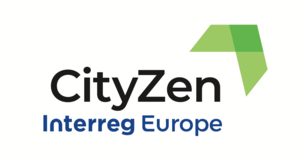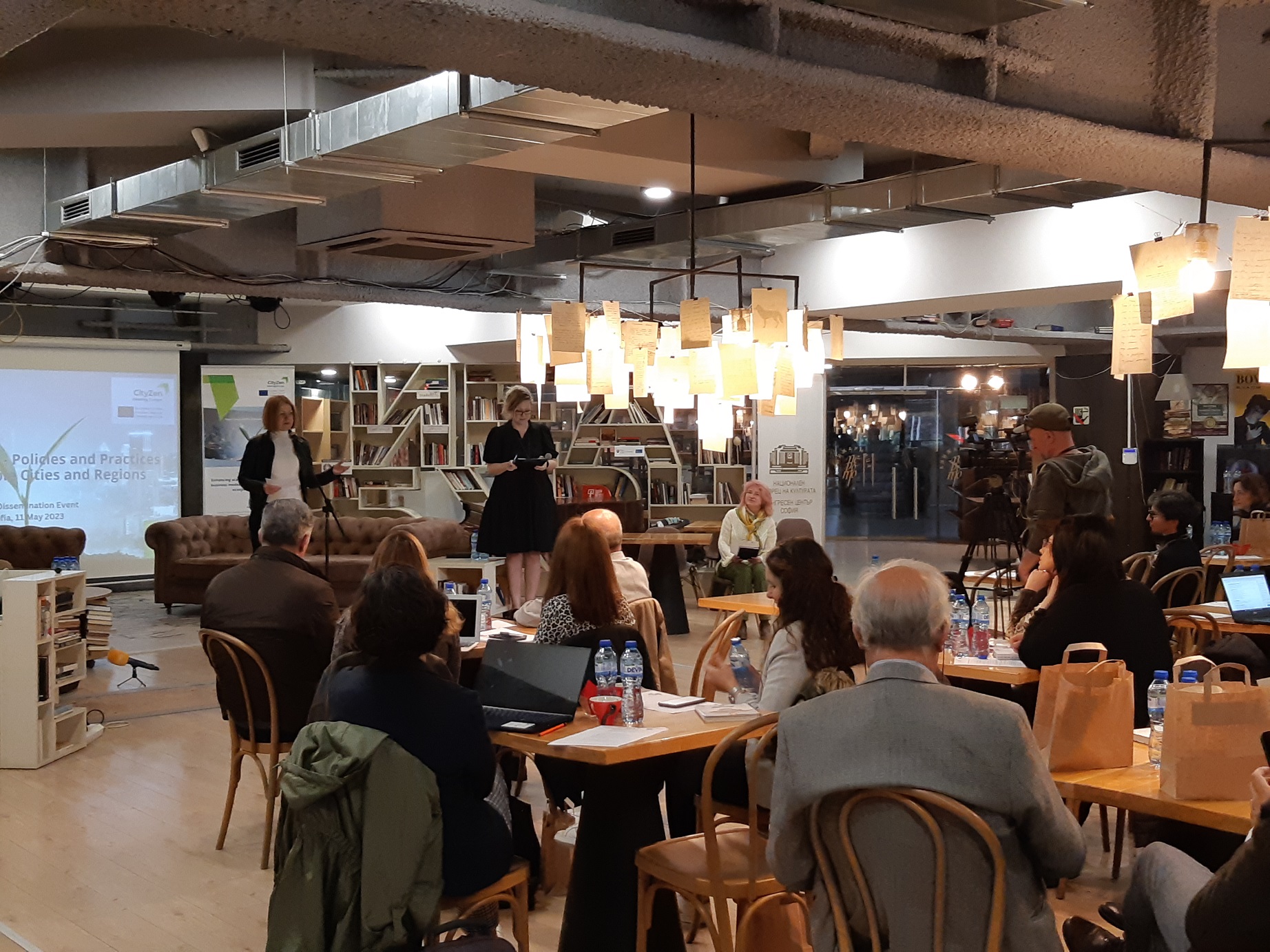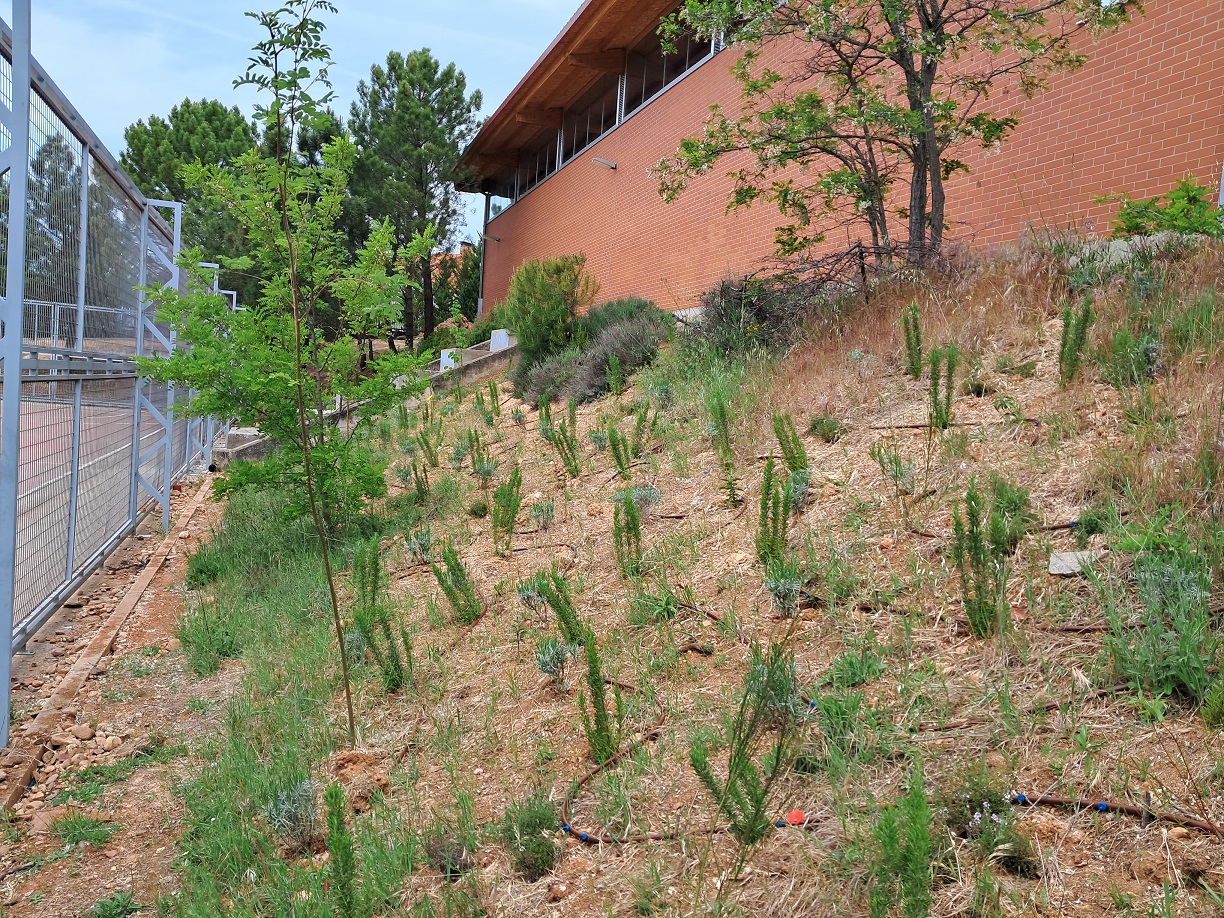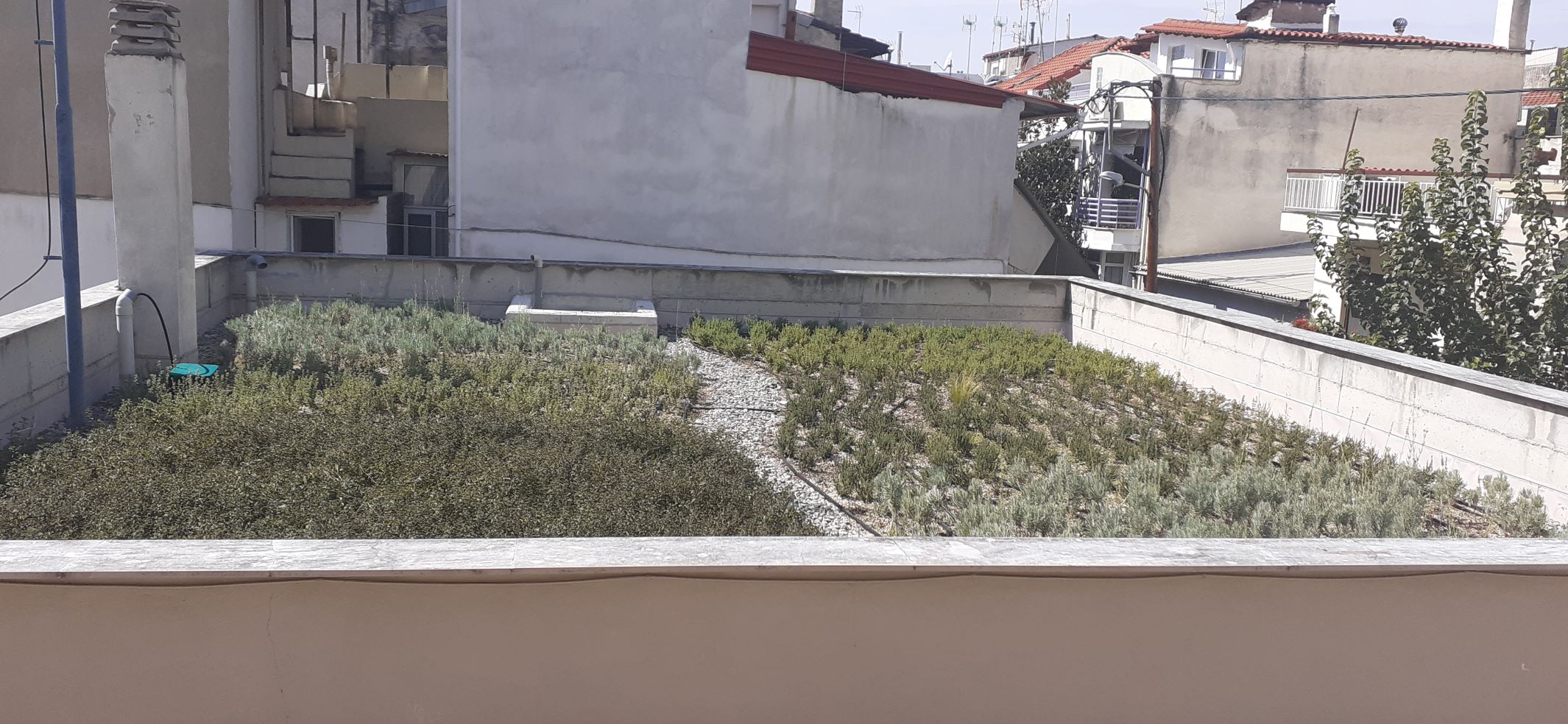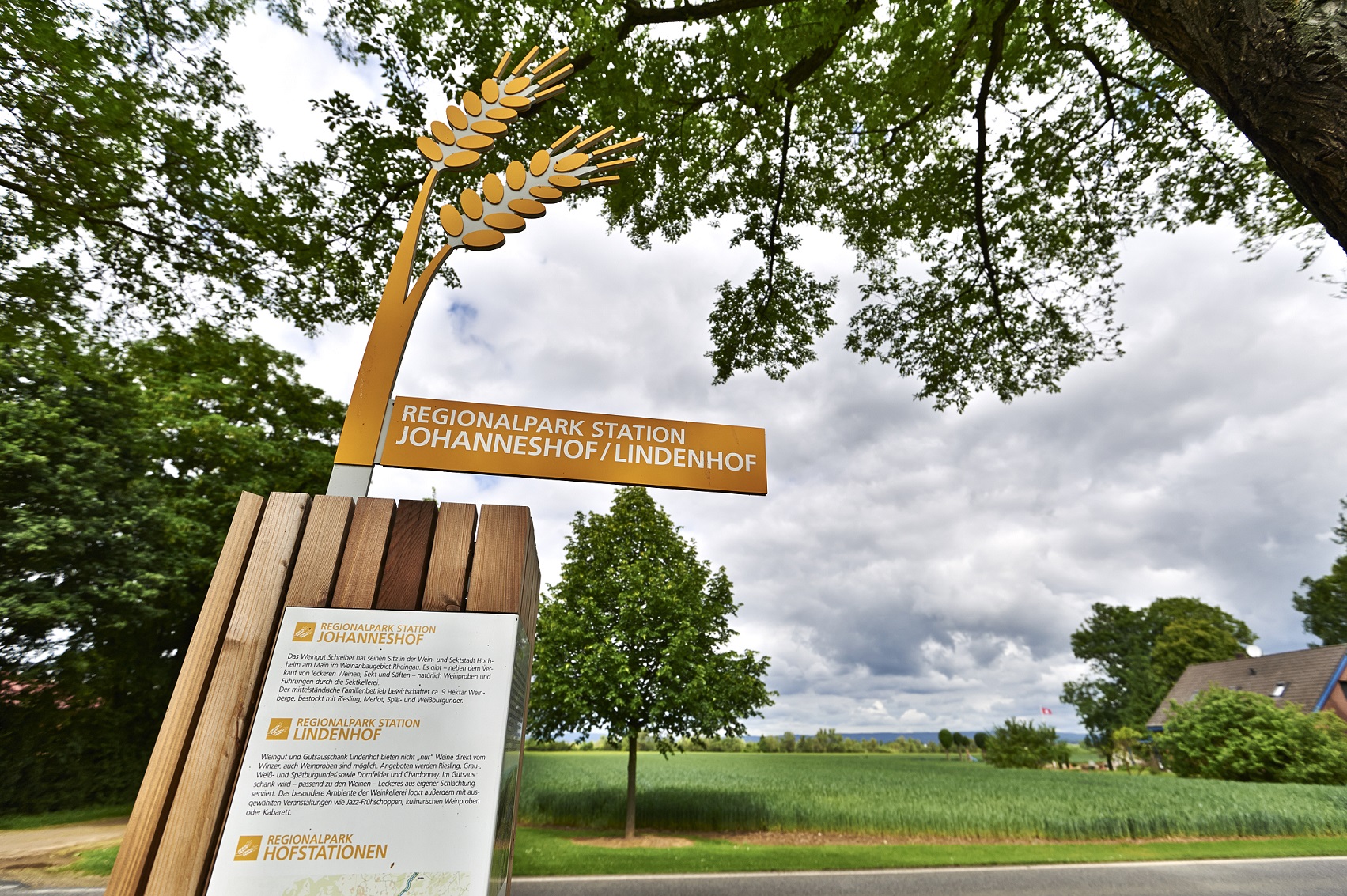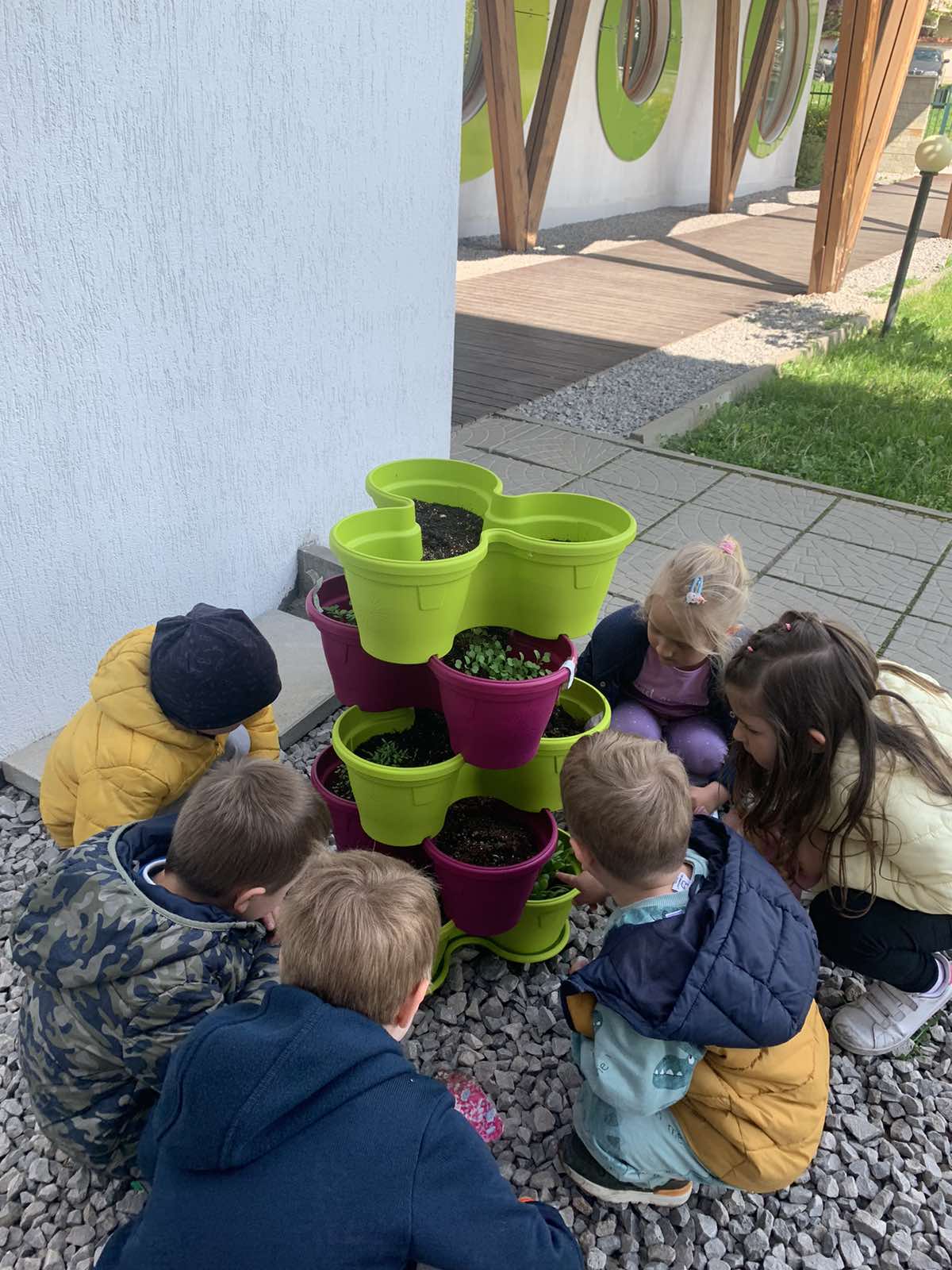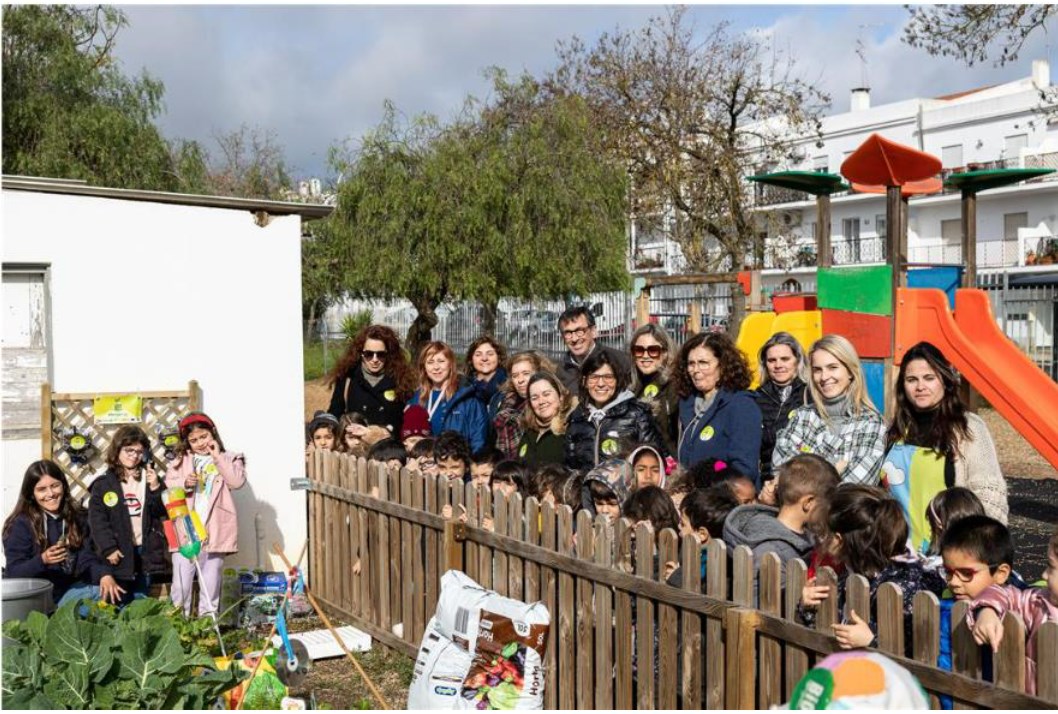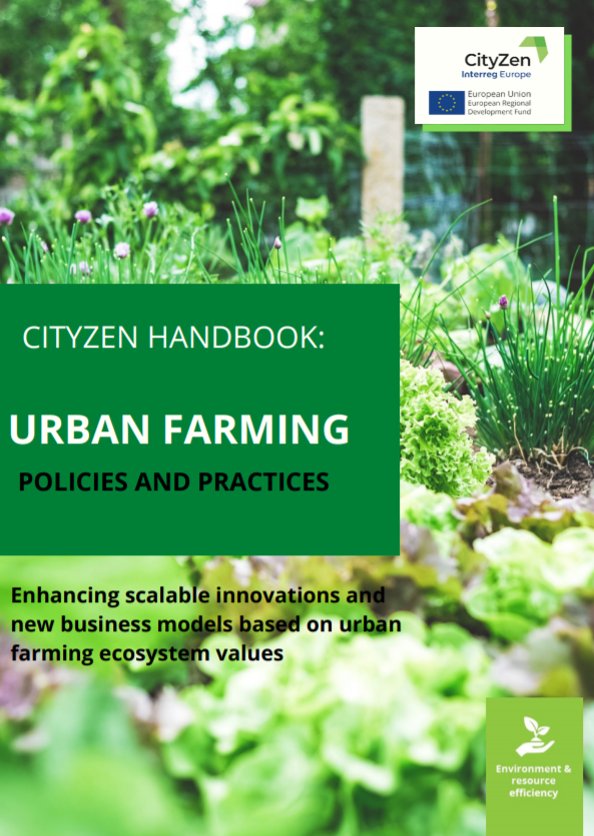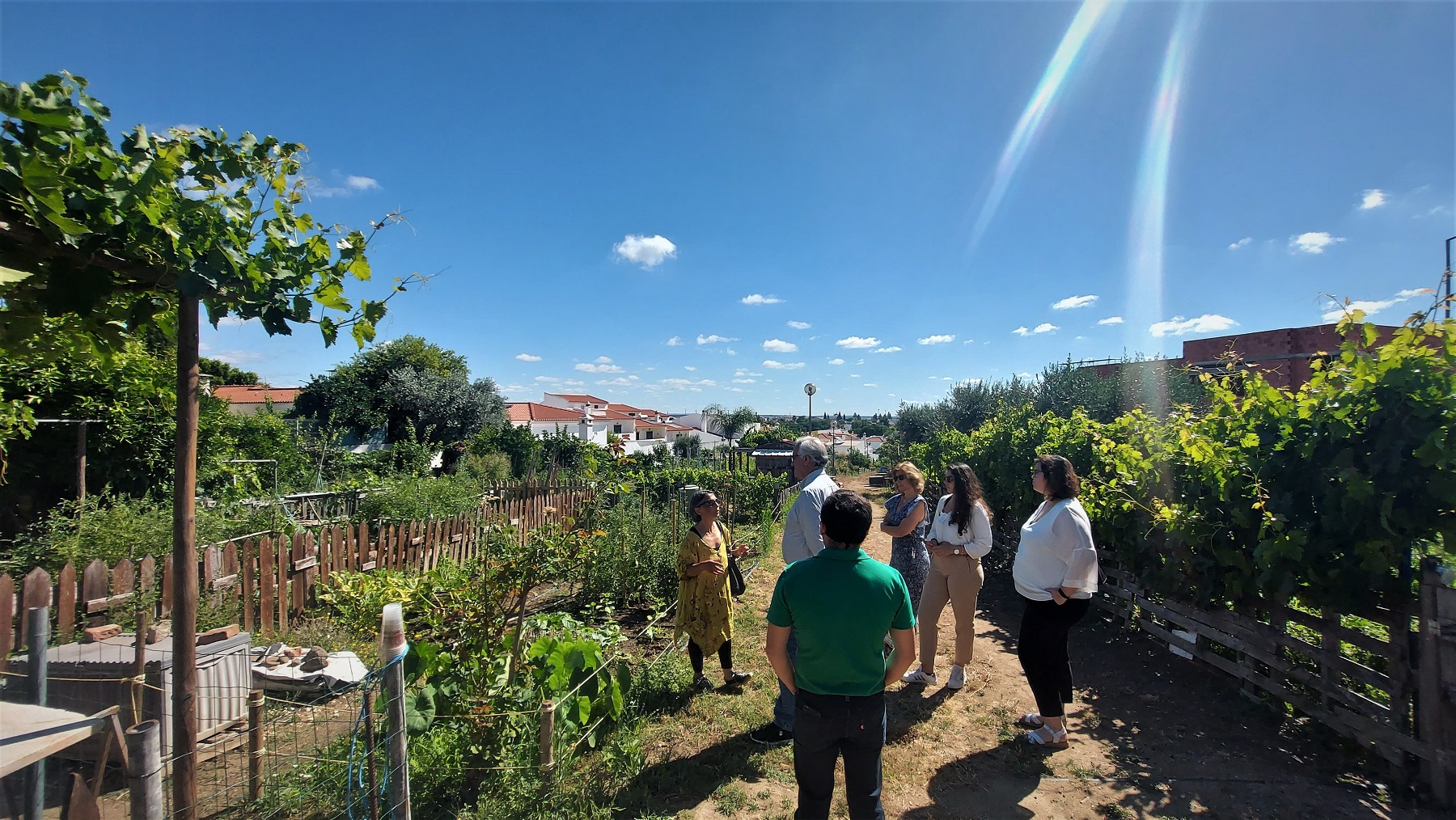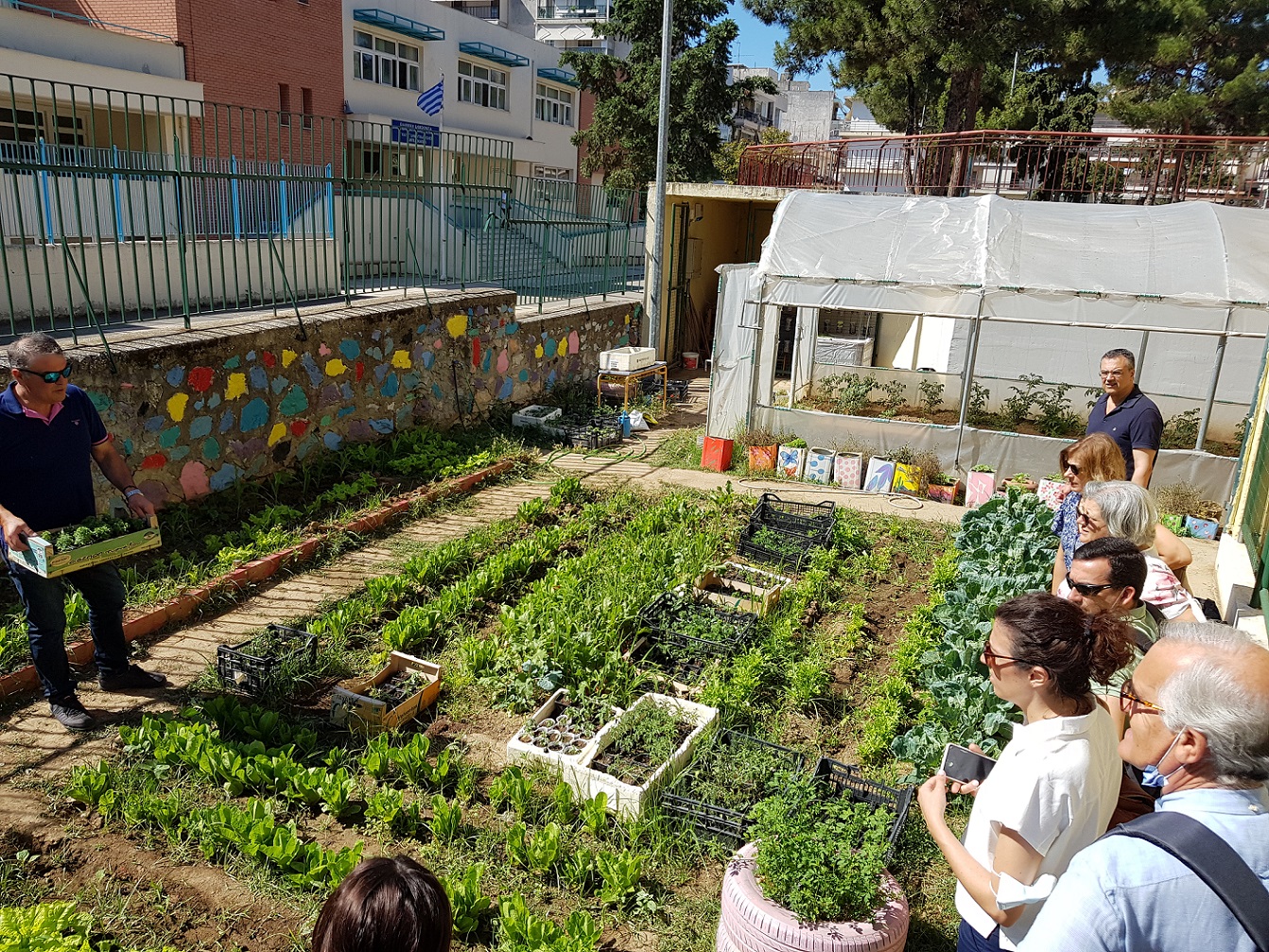Instead of visiting Beja in Portugal for our second peer-to-peer workshop, Beja Municipality and CIMBAL, as well as our Spanish partners University of Valladolid (UVA) and Natural Heritage Foundation of Castilla y León (FPNCyL) welcomed all CityZen partners digitally. The one-day event started with our Portuguese partners, who showed that urban farming and resource efficiency are well positioned in the Baixo Alentejo region. In terms of green innovations and fostering entrepreneurship, however, regional stakeholders identified needs for improvement which were discussed during the workshop.
As the ‘PEDBA 2020 (Strategic Development Plan for Baixo Alentejo)’, the policy instrument to be improved during the course of the CityZen, is currently being revised, there is great opportunity for the obtained project results to have a direct impact on the plan. Beja and CIMBAL aim to provide more orientation and support for new businesses (to foster new local businesses), with a concept on and for the implementation of urban farming in the region (to get more municipalities involved and engaged).
The main challenges are to show urban farming’s possible positive impacts on the development of the local economy, health and environment. Currently, policy measures are split into economic and urban farming and there is insufficient information on the availability of local resources. It is also important to clearly license the use of green spaces available for urban farming and to engage younger people in urban farming, as it is mostly undertaken by retired people as a hobby and a subsistence mean.
Lastly, two good practices were chosen by all participants. The Santo Amaro market allows farmers to sell their products without bureaucratic procedures, supported by the Municipality of Beja. It was implemented in 1965 and is closely related to the second good practice, Urban Farming in Beja. Since 2012, small plots of land in the city are allocated to families to be used as green areas, in projects of urban housing allotment or to be transformed into vegetable gardens, within the urban perimeter of the city.
The second part of the workshop focused on the region of Castilla y León and its policy instrument ‘ERDF REGIONAL OPERATIONAL PROGRAM – CASTILLA Y LEON 2014/2020’, which aims to innovate and develop the sustainability of companies, the use of renewable energy resources and environmental protection. Our partners UVA and FPNCyL want to improve the instrument by identifying and promoting urban farming’s positive effects on the environment and socio-economy, and by getting more cities to implement a local food strategy.
Concretely, there’s a need for transformative actions which restore degraded land or waste landfills and city sites into land that can be used for urban farming, to build towards a greener infrastructure. Local authorities in Spain have already recovered land and planted grass, but do not have further plans for their use afterwards, so there is a great opportunity – especially in light of COVID-19, which has amplified the demand for locally produced healthy food.
One challenge lies in activating and engaging citizens in urban farming. Currently, while being happy about the profits of urban orchards or local food, for example, they are rarely willing or able to pay and have to be involved in activities of urban farming. The same goes for civil organsiations so that in the next step, they can influence local politicians and get them to provide support for urban farming.
One way to achieve that is the nominated good practice, Educational Allotments Networking by the Valladolid municipality and ERDE. Since 2014, nursery and primary school children are educated on the growing importance of urban agriculture through gardening, in direct and hands-on contact with nature.
